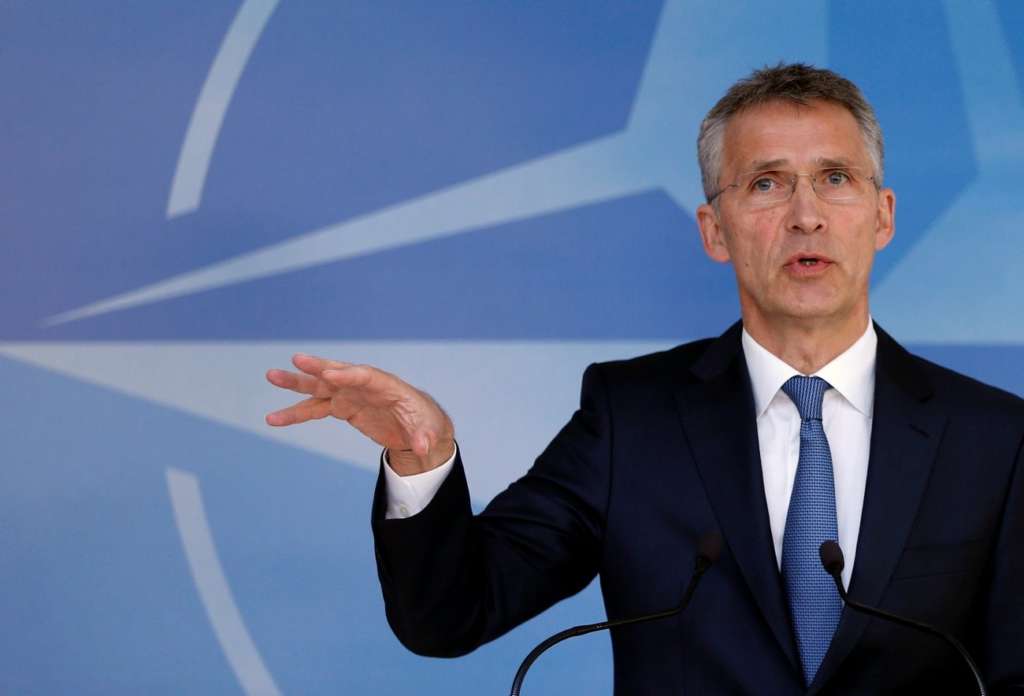Two years after winding down its military operation in Afghanistan, NATO decided to increase troop numbers in the war-ravaged country to help train local forces facing a resurgent Taliban.
“I can confirm we will increase our presence in Afghanistan,” Secretary-General Jens Stoltenberg said Thursday as he arrived for a defense ministers meeting at the 29-nation alliance’s headquarters in Brussels.
The alliance ended its longest-ever military operation in 2014 when it handed over post-9/11 frontline duties to the Afghan military and took on an advice and training mission.
But NATO commanders have asked for more troops following recent Taliban gains, stoking fears that NATO could get sucked back into the conflict just as it faces a host of new threats including Russia, terrorism and cyberattacks.
An increase of up to 3,000 troops from the current figure of 13,500 soldiers is under consideration, diplomatic sources said, though Stoltenberg did not give a precise figure.
He said 15 countries had already pledged more contributions and he hoped for more.
“We have to understand this is about training, assistance, advice… It is not to conduct combat operations but to help the Afghans fight,” Stoltenberg said.
The extra troops could help bolster Afghan special forces, improve Kabul’s air force to provide ground support and evacuations, and step up officer training, he added.
About half of the soldiers in what is known as the Resolute Support Mission in Afghanistan are currently from the US.
US President Donald Trump has pushed the Cold War-era alliance to do more to counter terror and for the allies to increase defense spending to ease the burden on Washington.
British Defense Secretary Michael Fallon said London would provide just under 100 troops, on top of 500 already in Afghanistan.
Separately, a senior NATO military official played down concerns that the alliance would get embroiled once again in Afghanistan, where it took over the lead role from US forces in 2003.
The real increase would number only in the hundreds to meet fresh tasks contained in a new Afghan government plan for the war, said the official, speaking on condition of anonymity.
It only comes to thousands if current shortfalls in Resolute Support Mission numbers were included, the official said.
